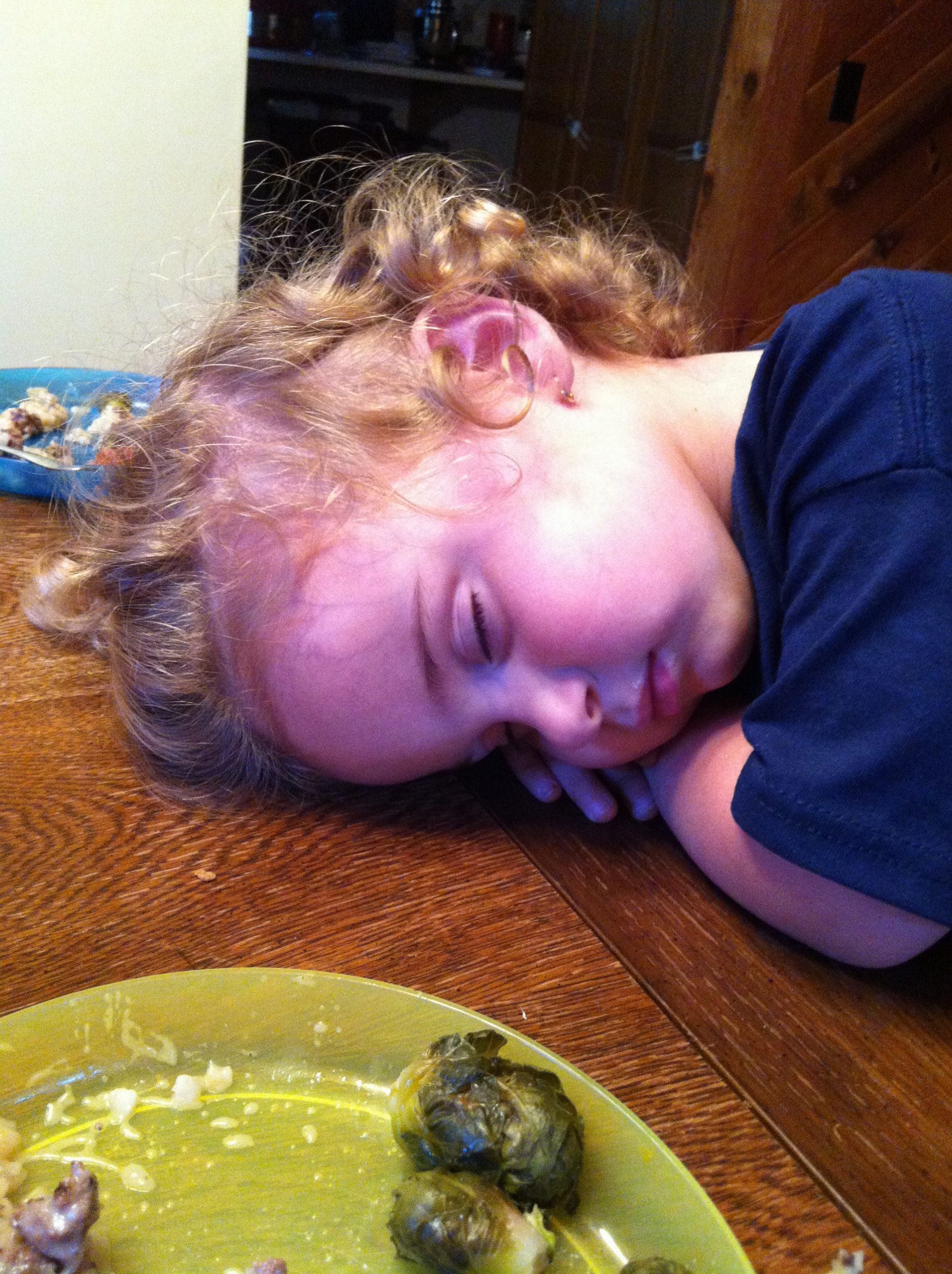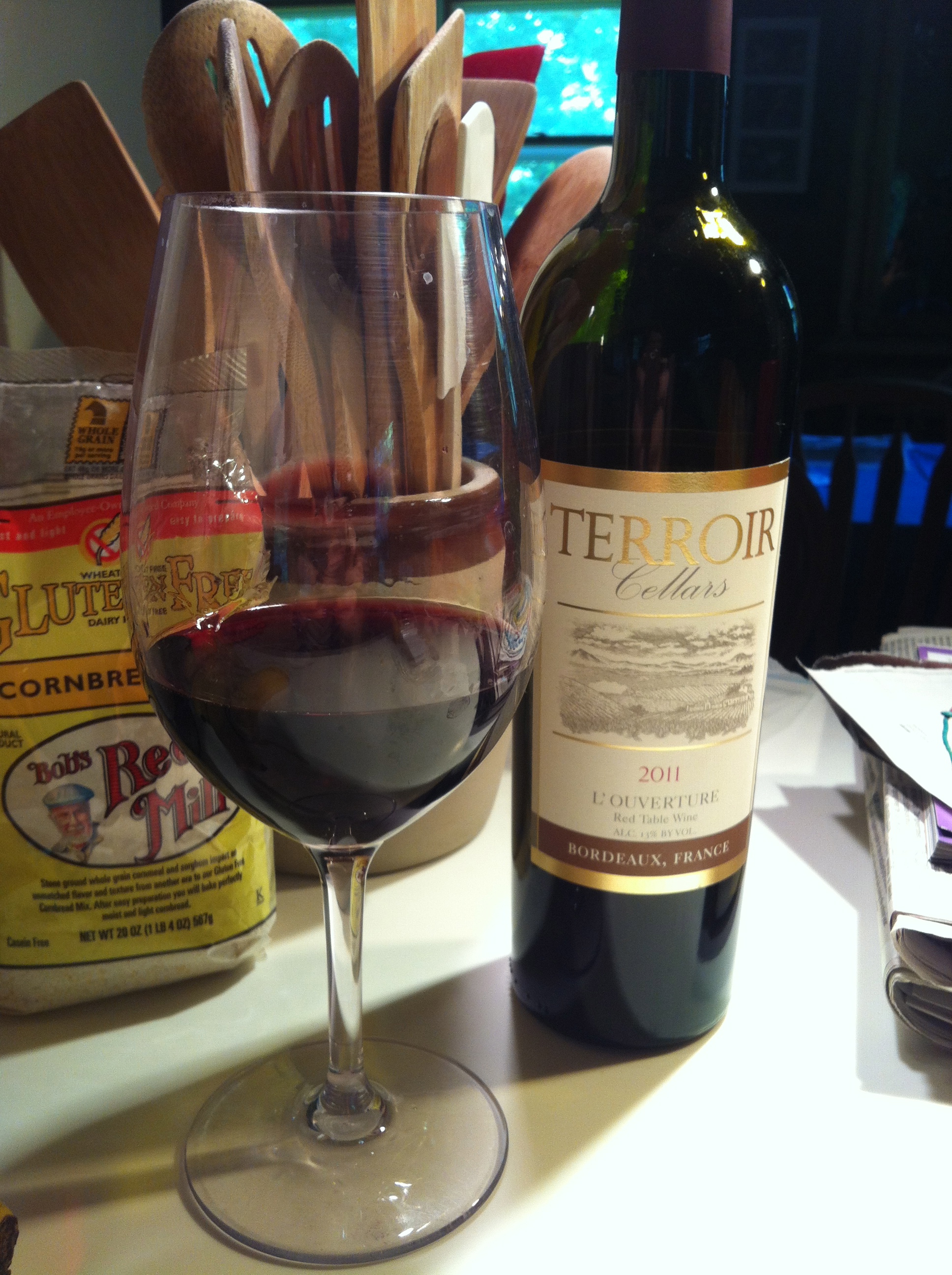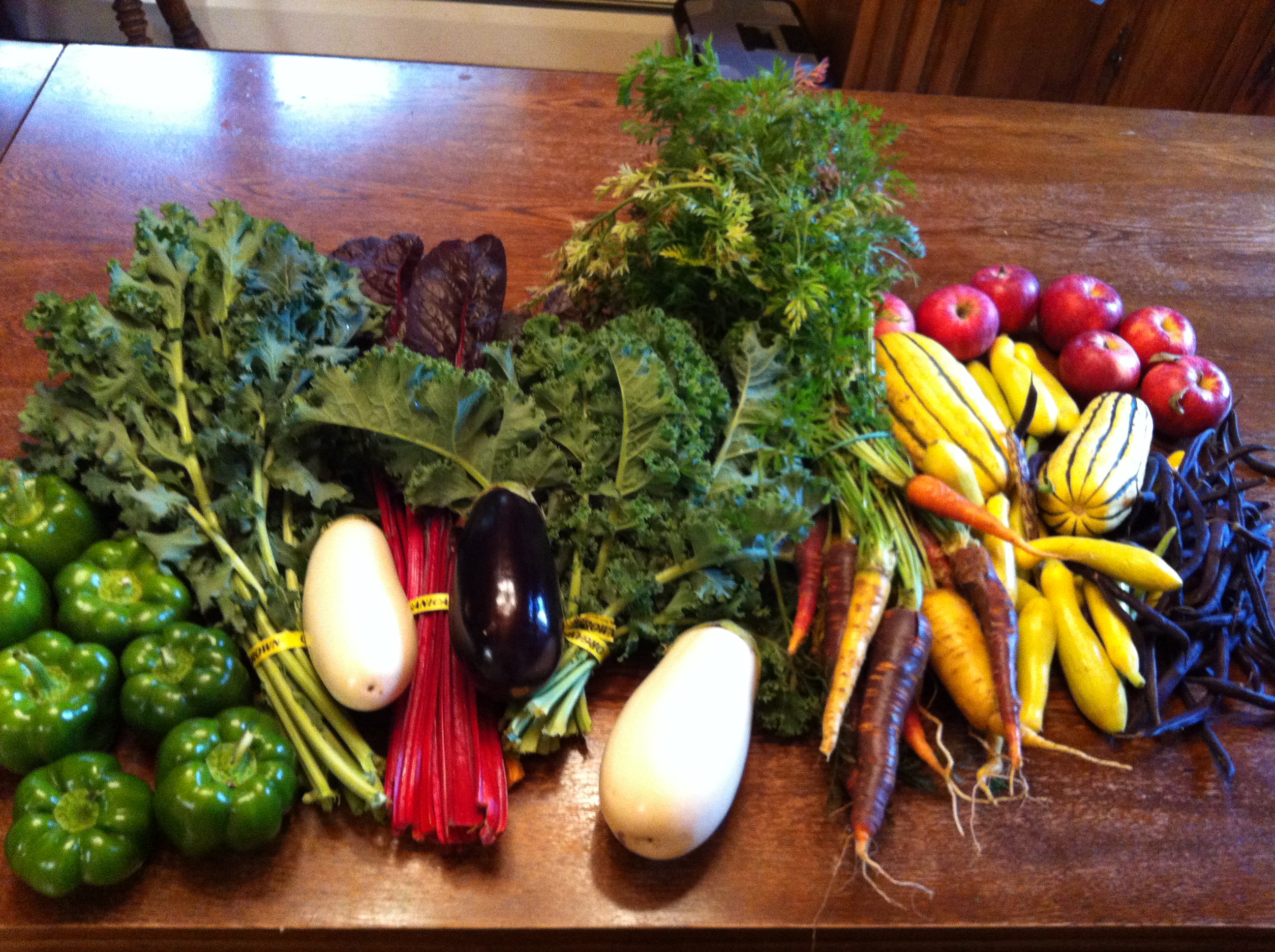Phew! 3+ days of a migraine and I still have the remnants of it. UGH! My sincerest apologies for not getting back here sooner 🙁
Tonight I want to discuss ketosis. Most of you have probably heard of someone doing a “keto” diet. Maybe you looked into it and thought no way or maybe you didn’t and just rolled your eyes over the latest fad. I’m here to say there is some validity to this way of eating but I think that people often have some misconceptions about the difference between the process of ketosis and the “keto” diet. I’d like to try to clear up the confusion.
First. KETOSIS is the process by which your body breaks down fat for fuel. Your body can use carbohydrates, fat or protein for fuel and there is a hierarchy for this process. Carbohydrates are the preferred fuel source. Your body is designed to use carbs for energy and the design is efficient. It is much easier for your body to use carbs for fuel and generally there is plenty to go around in the Standard American Diet (SAD-the abbreviation is kind of perfect…). If there are no carbohydrates to use, the next best and easiest to use fuel is fat. If you restrict calories or carbohydrates enough you will use fat as fuel. This can also occur after exercising for an extensive period of time (sorry but a 45 minute aerobics class isn’t likely enough. 60 minutes minimum is needed and maybe longer depending on intensity). Using fat as fuel produces a metabolic product called ketones. Getting into the state of ketosis these, burns fat, helps you lose weight, increases energy and helps maintain muscle mass.
However. There is always a however. Once you reach a state of ketosis, as soon as you consume carbohydrates the process will come to a halt and your body will default to bring carbs again. This is where the “keto” diets come in. By restricting the amount of carbohydrates consumed daily to 50 grams or less, you can maintain ketosis for an extended period of time. It generally takes 3-4 days on a 50gram of carbs or less diet to produce sustained ketosis. During this time many people experience what is called a “keto flu” which includes headache symptoms, fatigue, aches, etc, kind of like “flu” symptoms (without the pneumonia, fever and death parts). Headaches and fatigue are the most common as you body adjusts it’s fuel source.
Where does protein fit in here? You don’t want to burn protein for fuel. This is very bad. You can also kick yourself out of ketosis by eating too much protein so most keto diets consist of 70-75% fat, 20% protein and 5-10% carbs. Total grams of carbs should be less than 50. A healthy body should be able to handle the amount of ketones generated with this diet and you can help your body by drinking LOTS of fluids to flush everything out. Your kidneys will excrete the extra ketones for you as long as you do. In fact, there are test strips you can use to test ketones in your urine although it is not a direct correlation between your urine ketones and your serum (blood) ketones.
Diabetics beware! Diabetics are at risk of ketosis due to lack of insulin which prevents your body from using carbohydrates as fuel. For diabetics this is bad and can lead to ketoacidosis which is a build up of ketones in the blood. Ketoacidosis can cause coma and death. If you are diabetic, please use extreme caution and work with your medical provider to lose weight and change your diet safely!
So, yo put it in a nutshell: The keto diet is an eating pattern which is low in carbohydrates, high is fat and moderate in protein that helps put you into and keep you in a state of ketosis or fat burning. Ketosis can also be achieved by fasting, calorie restriction, intense or extended exercise or, in diabetics, a lack of insulin (this last one is VERY VERY BAD). Eating carbohydrates stops the process of ketosis. In general this process is helpful for weight loss and remaining in ketosis for extended periods will likely result in faster weight loss, more energy and preserved muscle mass while losing weight. A transition period is usually 3-4 days if adherent and most commonly causes a mild headache for a few days. People with diabetes need to use caution because ketosis can lead to ketoacidosis, or an extreme build up of ketones, and cause coma or death. Diabetics should not attempt extreme diet changes unless monitored closely.
My take on this is that anyone on a true keto diet should be monitored by their medical provider. That is true for anyone who needs to lose an extensive amount of weight. Nutritional deficiencies are common on restricted diets and typically require blood work to monitor. Taking crazy amounts of supplements can cause overdosing of vitamins and minerals and there isn’t much evidence to suggest that taking multivitamins is helpful. There are potential side effects of extreme diet changes and the safety of hit pattern of eating for the long term is unknown. I think it is a good short term weight loss strategy for otherwise healthy people who are diligent about eating healthy foods in general. I think its a not great idea for anyone who thinks it gives them a license to live on bacon and cheese and expect to be healthy in the long term.
We will continue to discuss insulin resistance, metabolic syndrome and diet in the next couple of posts.
you can read about the keto diet here and here, here and here.
Until then,
Have a happy healthy week!
Liz



